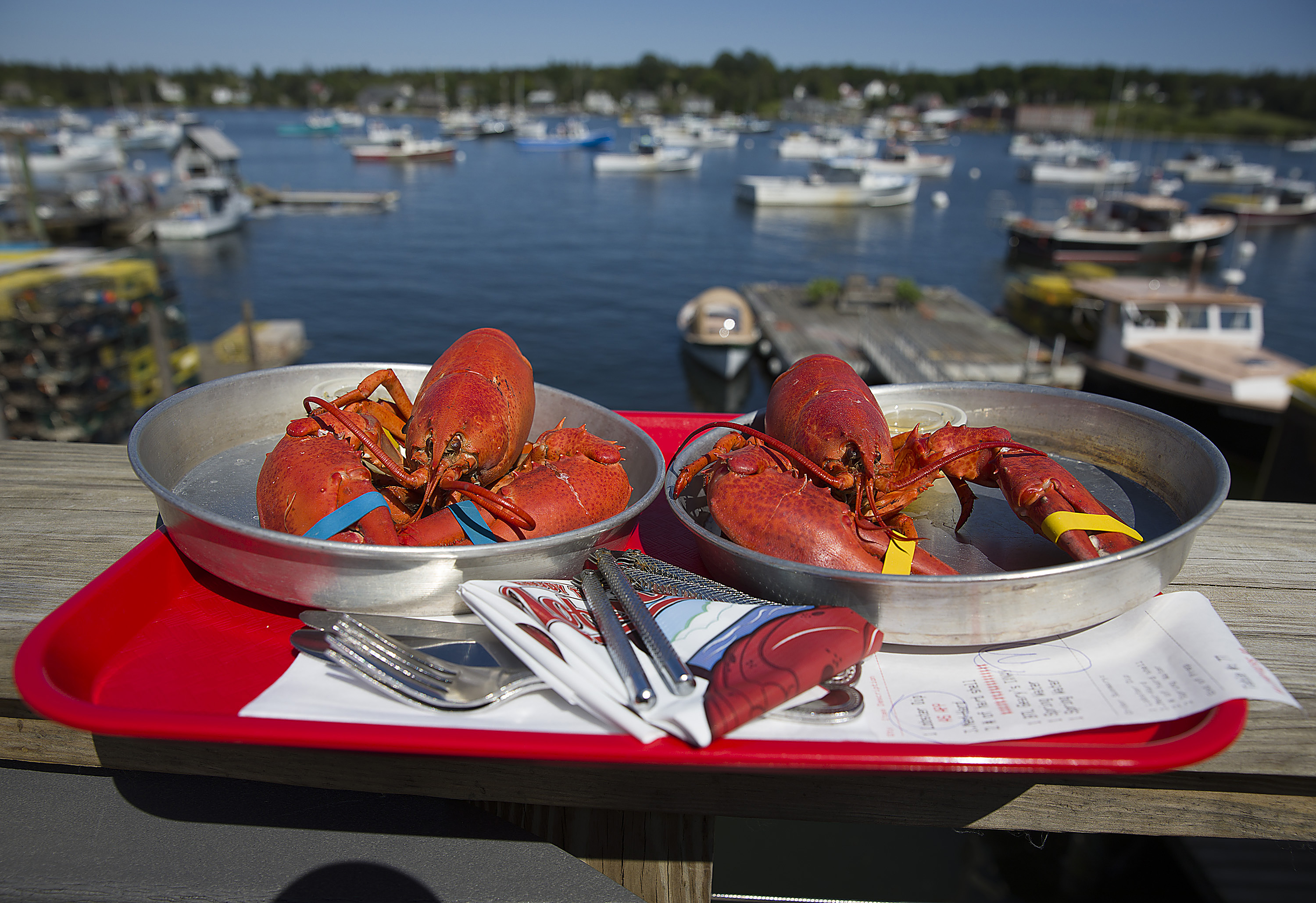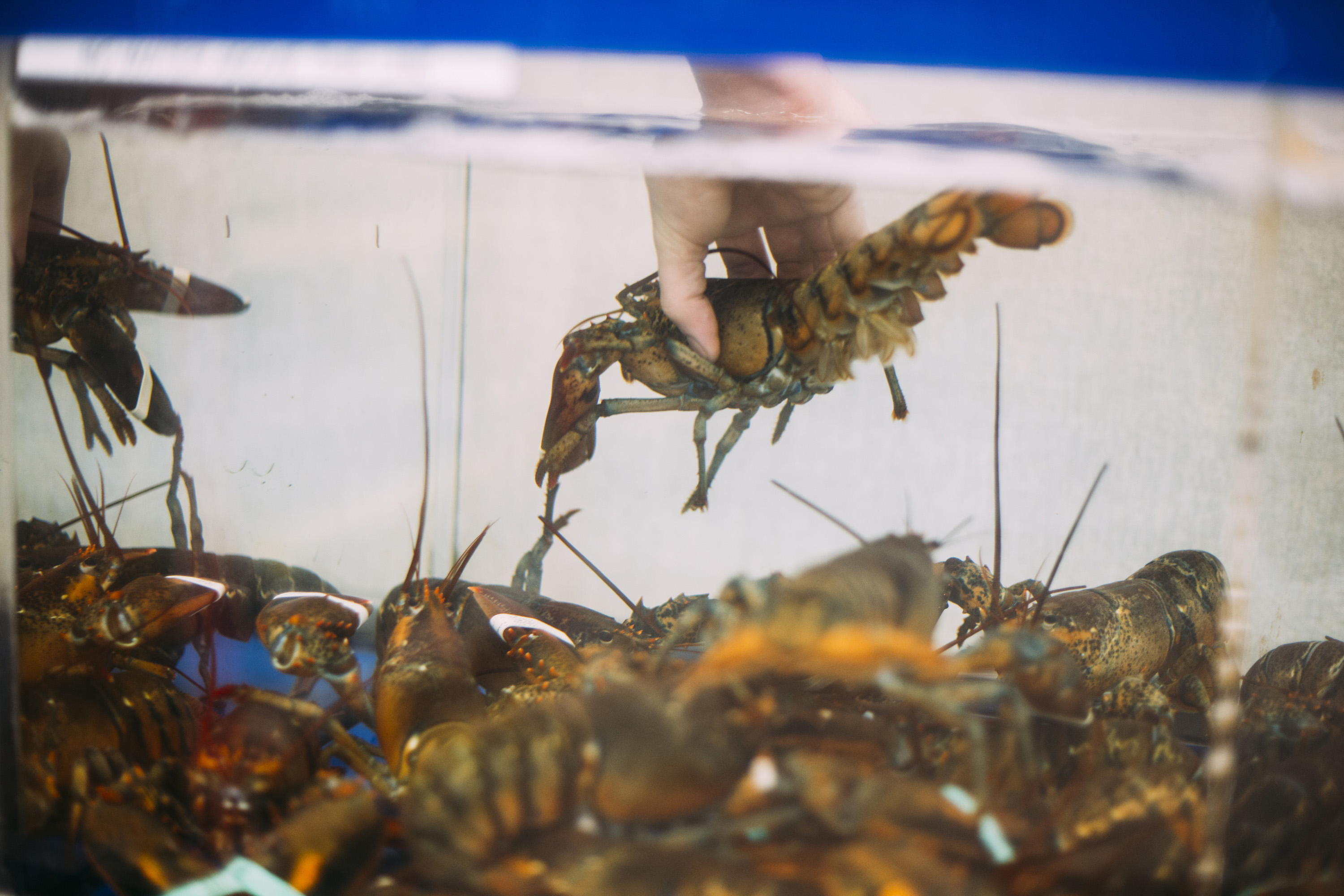The National Oceanic and Atmospheric Administration says it will inspect lobster fishing gear from Maine to Massachusetts and beyond using remote cameras.
The operations will take place in both inshore and offshore waters from the summer into this fall, according to Mike Henry, a deputy special agent in charge for the Northeast Division of NOAA’s Office of Law Enforcement.
WATCH ANYTIME FOR FREE
>Stream NBC10 Boston news for free, 24/7, wherever you are. |
Instead of manually hauling up gear to inspect it, NOAA will use remote-operated vehicles, or ROVs, operated both by contractors and the agency itself. The drones will allow NOAA to check for violations related to buoy identification, trap tags, sinking ground line and “whale-safe components” like weak link lines that break if a whale becomes trapped in lobster gear, Henry said.
“This is us levelling the playing field for honest fishermen who are going the extra step to make their gear compliant,” he said.
Get updates on what's happening in Boston to your inbox. Sign up for our >News Headlines newsletter.
If gear is found not to follow regulations, some of which are in place to protect endangered North Atlantic right whales, lobstermen could face a variety of reprimands, from warnings to fines to seizure, Henry said.
However, as long as a violation is not too severe, a fisherman could work within NOAA programs to come into compliance with assistance.
“It’s a big part of our job to take those questions and do what we have to do to help our fishermen out,” said Henry.
According to Henry, ROVs are not only more efficient for finding and examining gear, but also prevent agents from having to disturb that gear and stop agents from working in riskier environments, like rough weather at sea.
“If we come across compliant gear, we don’t touch it,” he said.
As for the costs of the ROV program, NOAA spokesman Dominic Andrews said it was “difficult to calculate an approximate cost differential” between ROV inspections and inspections by hand.
Andrews also was unable to immediately provide data on how many whales had become entangled in lobster gear from recent years in the areas the ROVs are being used.
Asked about the ROV inspections, the Maine Lobstermen’s Association referred NECN and NBC10 Boston to a quote from its executive director, Patrice McCarron, published by The Associated Press, saying that she doesn’t “know why NOAA is investing in that and not actually having some sort of enforcement across all segments of the fleet.”



